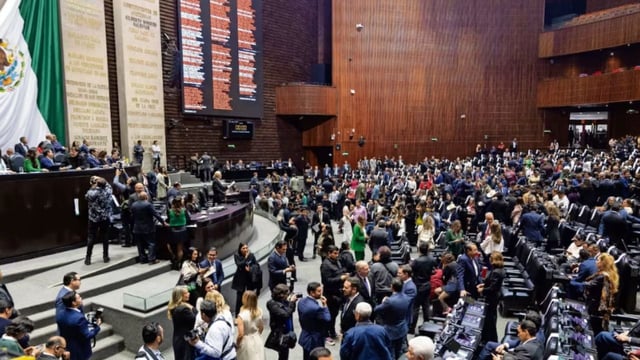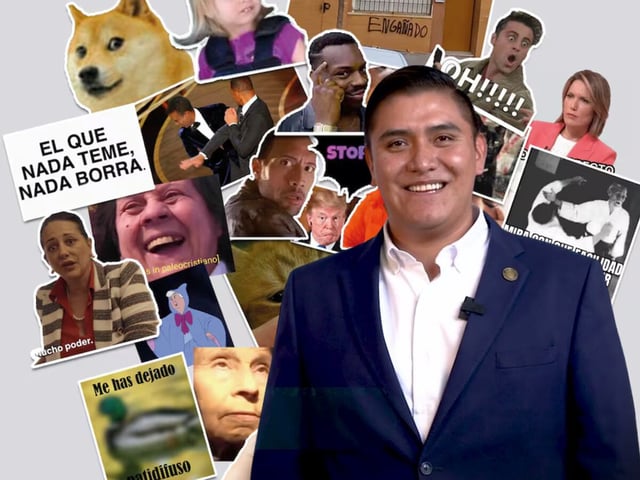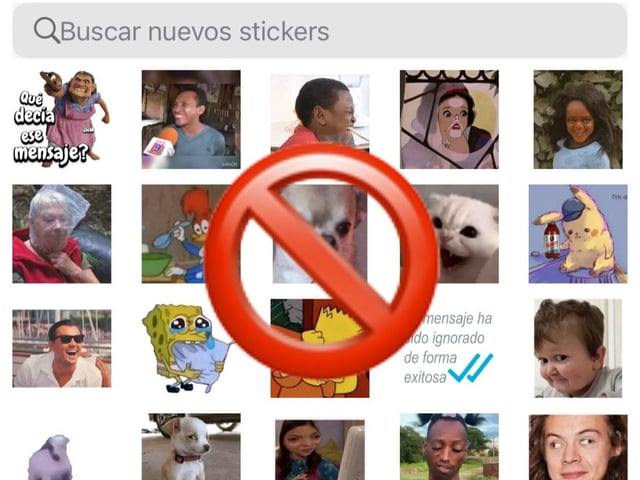Overview
- The initiative, filed by Deputy Armando Corona Arvizu and published in the Gaceta Parlamentaria on September 23, is under discussion and has not become law.
- It would add Articles 211 Bis 8 and 211 Bis 9 to the Federal Penal Code to criminalize creating, manipulating or sharing digital images, audio or video without consent to ridicule, harass, impersonate or harm someone’s reputation, with penalties of three to six years in prison and 300–600 days’ fines.
- Sentences would increase by up to half when the victim is a minor, a person with disabilities or a public official in office, or when the material is widely disseminated and causes demonstrable personal, workplace or psychological impact.
- Supporters frame the measure as a response to cyberharassment and the spread of AI-driven deepfakes, citing INEGI data indicating more than 18 million people experienced digital violence in 2024.
- The proposal has drawn strong pushback from civil society and online users, with critics warning of censorship risks; most reports cite penalties of three to six years, though one outlet reported up to nine years for cases involving public officials.



